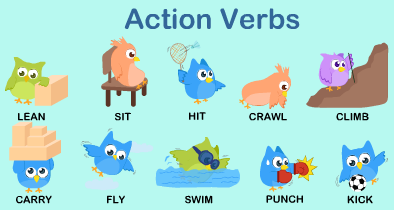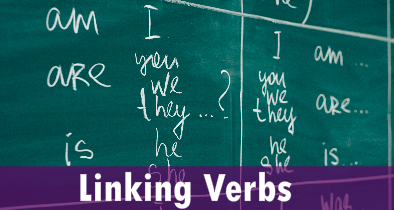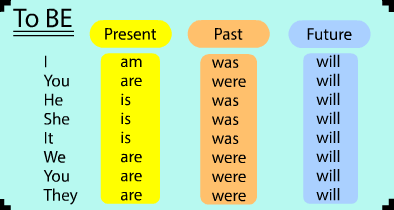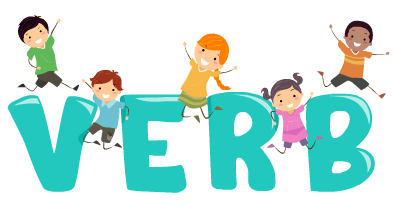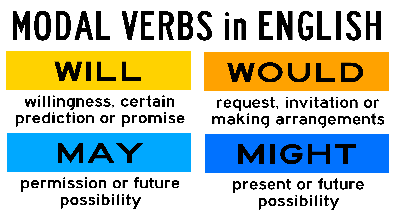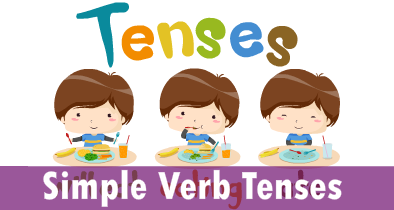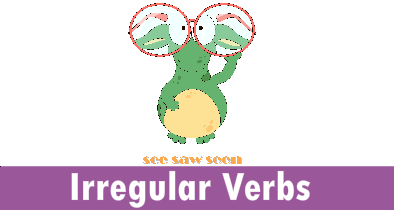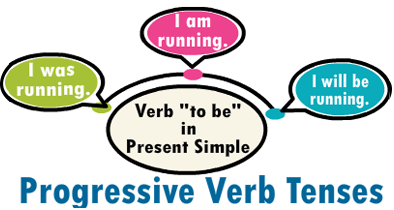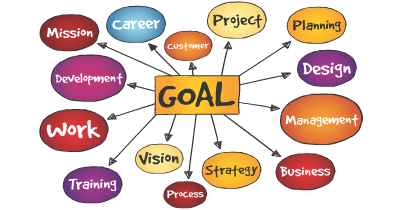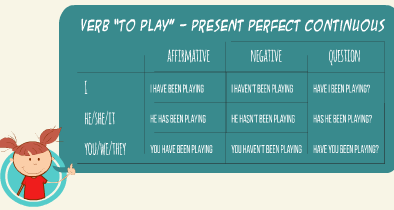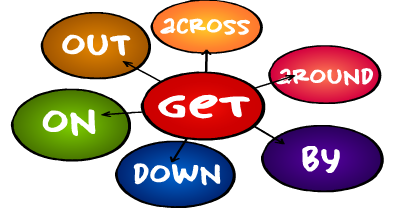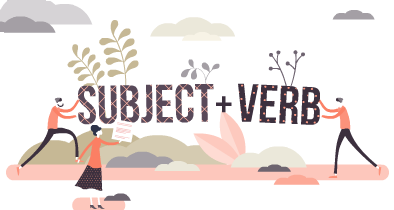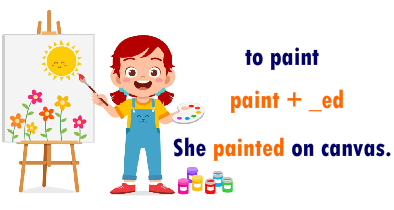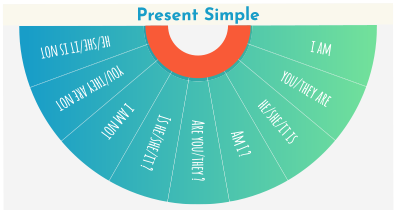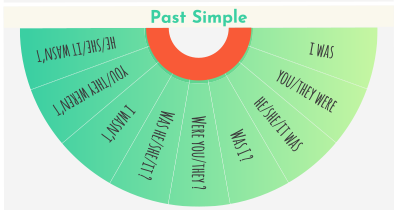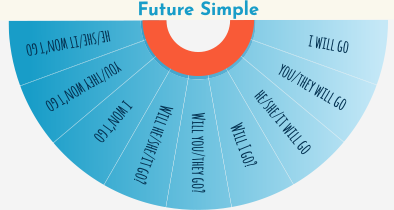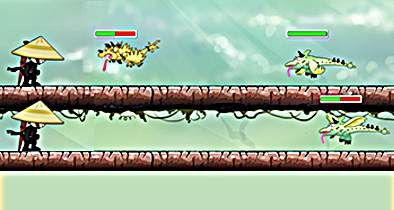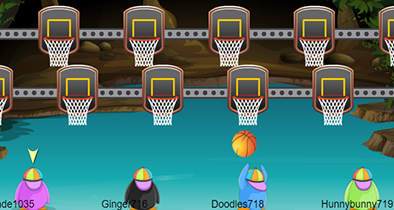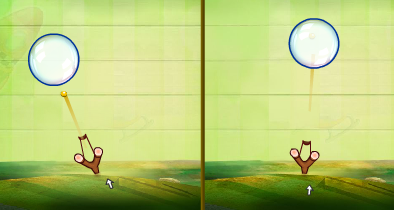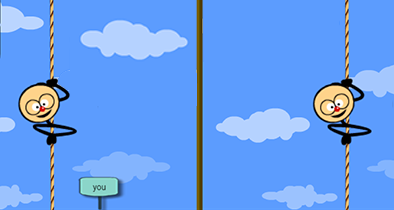- HOME
- GAMES
- FOURTH GRADE
- VERB
Login as parent/teacher to assign this.
Verb Games
An ACTION VERB shows some movement or action, whether physical with your body or mentally in your mind. It tells what the subject of your sentence does, did, or will do!
Linking verbs are used to describe the subject of a sentence or to reidentify the subject. It links the subject to the complement.
forms of TO BE - am, is, are, was, were, will be, was being, has been
Verbs are a part of speech that tell us what the subject does or is. In short, they’re action words, but they can also represent actions in your mind, like thinking, or states of being, as in “to be.â€
An intriguing maze game for Grade 5 based on modal verbs to help kids get acquainted with the concept and practice using correct modal verbs.
A verb tense tells us when the action happened - an action or past state of being (i.e. a to be verb).
Irregular verbs are verbs that do not fit the usual past tense or past participle conjugation rules. Normal verbs have a -D, -ED, or -IED ending when they are conjugated into the past tense or as a past participle. There are, however, verbs that do not work with this rule - irregular verbs.
The progressive verb tense shows us a continuous action that is ongoing. They are also known as Continuous Verb Tenses. They tell us exactly when an ongoing action will be occurring in time. There are three different Progressive Verb Tenses in the English language - past progressive, present progressive, and future progressive.
Also known as Auxiliary Verbs, HELPING VERBS are forms of "to be" along with a few others that help us to describe the action of a verb so the reader or listener can understand or interpret when the action happened, whether in the past, present, or future.
The Perfect Tense is used to talk about actions that were completed before another point in time. The name of the perfect tense depends on when said action happened in the past.
Phrasal verbs are a mash-up of a verb and usually a preposition or adjective that come together to form a different meaning. It’s one of the unique ways that we create new meaning in the English language without having to coin new words for everything.
When writing a sentence, your subject and verb must always agree. Subjects are either singular or plural, and the verb must follow suit.
When writing a sentence, your subject and verb must always agree. Subjects are either singular or plural, and the verb must follow suit.
Present tense means something is happening right now. It can also mean things that repeatedly happen or general things that you always do, like a routine or a habit.
Past tense means something that already happened or a past state of being. In general, you just add -ED to the root word to form the simple past tense. If the root word already ends in -E, then just add -D.
Future tense means something that will happen in the future. To form the simple future tense, you just add the word will before the verb.
Rev up your engines for this intense multiplayer game! Practice your typing, math, and language skills through this race to the end. Correct answers make your monster truck go faster - the faster you answer, the faster you'll go! Boost power with consecutive right answers, or opt to slow other players down. Hit the gas!
Hi-ya! Get your ninja ready to battle against monsters. Race against another player to answer questions and destroy the monsters. The quicker you answer, the more power you have. Consecutive correct answers power up your ninja skills - attack with fury or retreat to save yourself.
Dribble, dribble, shoot! Get your court skills primed for a competitive game of hoops with friends! Choose your subject area from math, English, or typing skills, and jump in the game. Answer questions quickly to earn your spot on the foul shot line. Shoot to win!
Face off against your opponent armed with a slingshot. Answer questions in math, language, or use your typing skills to get ahead. Shoot stones at the correct answer bubble to pop it and score! Be careful...those bubbles will come faster the further you get into the game!
Who will make it to the top first? Climb faster than your friends by answering questions either in math, language, or using your typing skills. Correct answers propel your stickman towards the top of the rope. Answer consecutively to earn sliding props to make your opponent slip back down their rope!

Our Educational Resources
Math Games
- Addition
- Area and Perimeter
- Decimals
- Division
- Fractions
- Shapes
- Geometry
- Multiplication
- Number
- Roman Numerals
- Statistics
- Subtraction
- Time
- Units of Measurement


